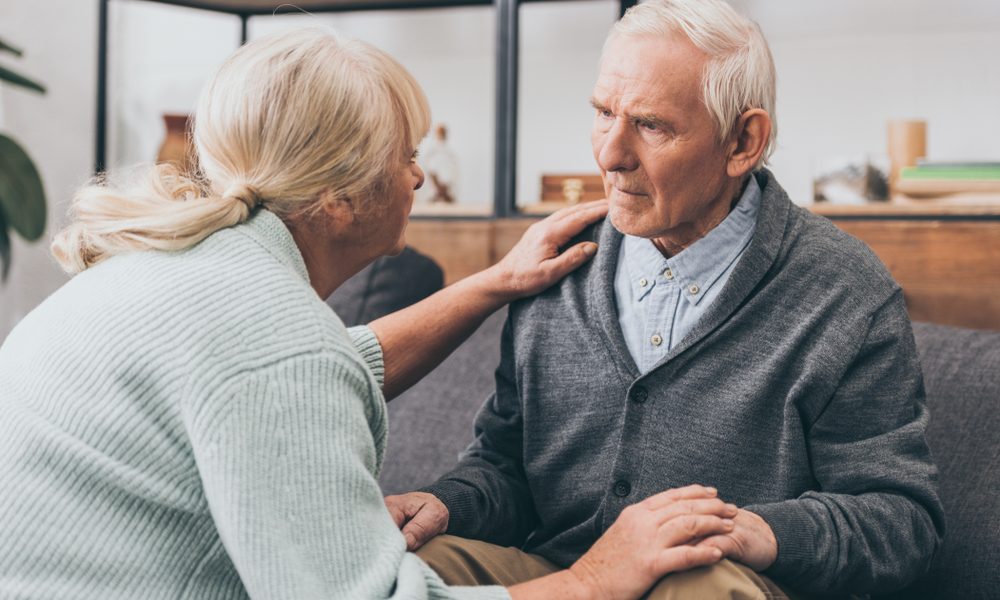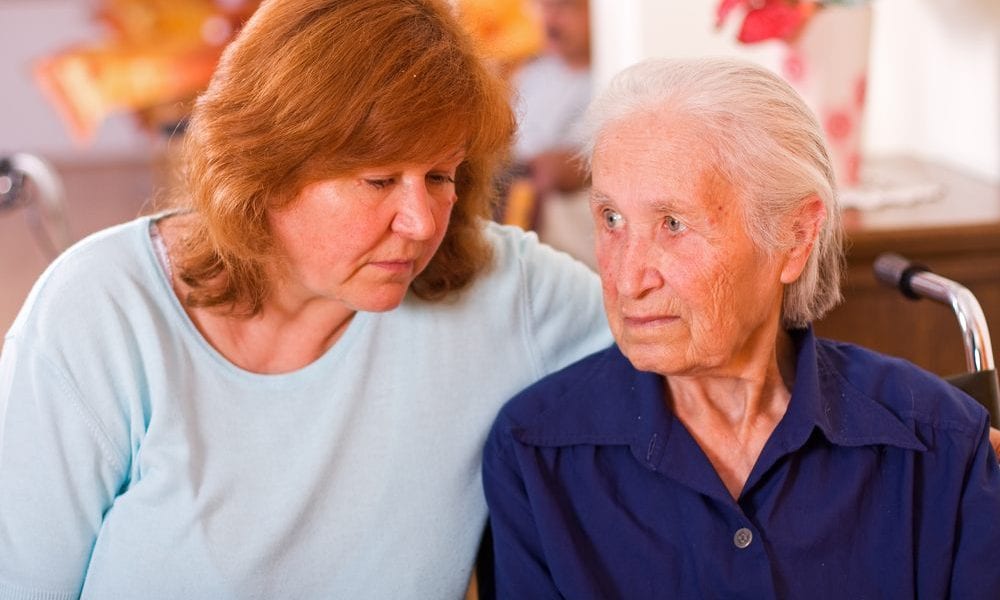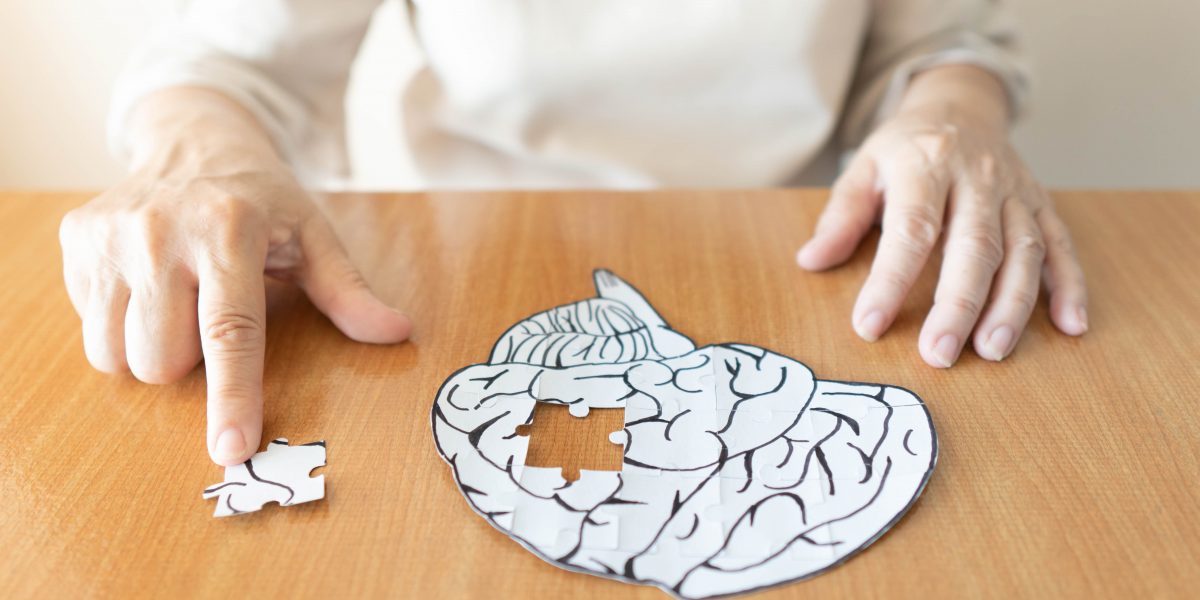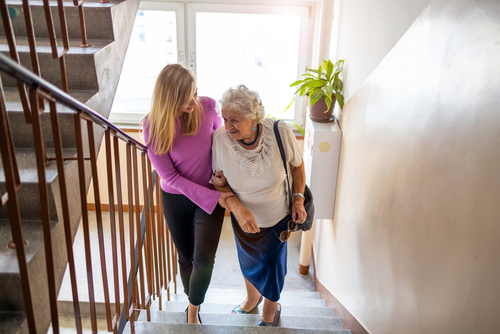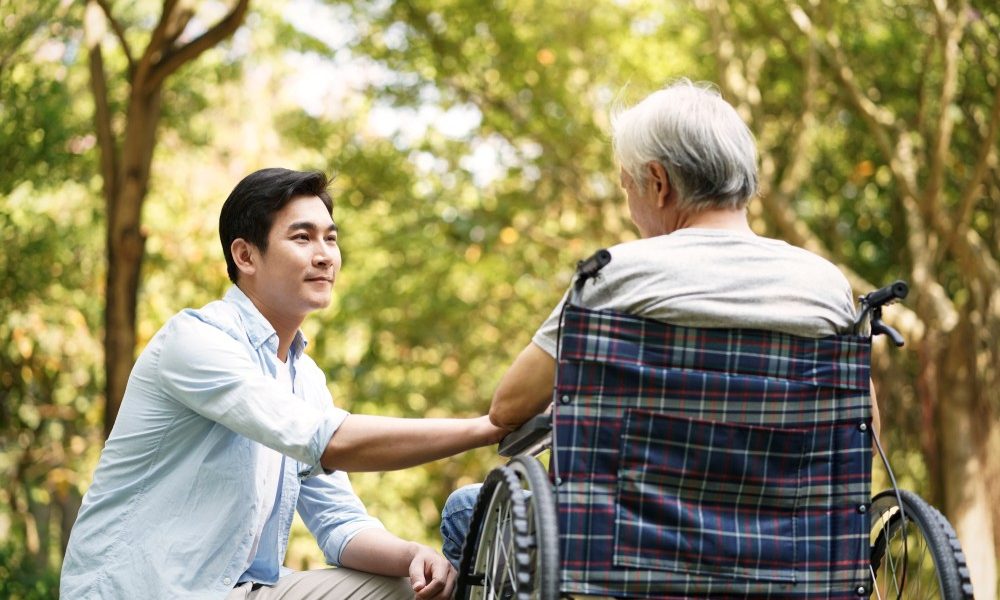Blog
What Is Sundowners Syndrome? Causes, Symptoms, & Treatment
If you have a loved one with dementia, you’ve probably heard of the term “sundowners syndrome.” But what does it mean? Keep reading to learn about what sundowners syndrome is along with common symptoms and treatment methods. What Is Sundowners Syndrome? Sundowners syndrome is a group of symptoms caused by Alzheimer’s and other forms of dementia. It occurs when an
Assisted Living vs. Memory Care: What’s the Best Option?
Seeking long-term care for a loved one is no easy feat. According to the American Health Care Association and National Center for Assisted Living, more than 800,000 Americans reside in assisted living communities. Many of these residents are living with Alzheimer’s disease or dementia. Assisted living and memory care offer similar services. However, it’s important to note that they are
When Is the Right Time to Move Your Loved One into a Memory Care Community?
If you’re the primary caregiver for a loved one with progressive dementia, you might be wondering when the right time is to move them into a memory care community. This decision is a difficult one to make but often necessary for your well-being and that of your loved one. The Terra Vista team is here to walk you through the
7 Ways to Support a Person With Dementia During the Winter
Did you know that dementia symptoms can temporarily worsen during the winter months? Keep reading to see how you can best keep your loved one safe and comfortable all winter long. Understanding the Effects of Cold Weather on Dementia Patients Sundowning Sundowning occurs when dementia or Alzheimer’s patients become more confused and agitated after the sun sets. With fewer sunlight
Why Occupational Therapy Is Important For Alzheimer’s Patients
According to the Alzheimer’s Association, there were an estimated 6.5 million Americans aged 65 and older living with Alzheimer’s in 2022—and that number continues to rise. Perhaps one of your loved ones or someone close to you is a part of that statistic, and as you know, those who suffer from Alzheimer’s lose the quality of life they once had.
Early-Onset Dementia: Types, Causes, & Symptoms
Early-onset dementia is a difficult condition to navigate. Whether dementia affects you or a loved one, you want to do everything in your power to respond appropriately. This starts with understanding what the condition is along with what its types, causes, and symptoms are. Keep reading to learn more about early-onset dementia so you’re equipped with the knowledge you need
Frontotemporal Dementia: Types, Symptoms, & Causes
An estimated 50,000 to 60,000 Americans are diagnosed with frontotemporal dementia (FTD). This cognitive disease is most common in adults aged 40 to 65 but can occur in younger and older adults. The best way to confront a disease like this is to understand its scope. Keep reading to learn about the causes, symptoms, and diagnosis of FTD along with
5 Ways to Reduce the Risk of Developing Dementia
Though there are no ways to completely avoid dementia, there are things you can do to manage risk factors and reduce your chances of developing the disease. How to Reduce Your Risk of Dementia We often get the question “Can dementia be prevented?” Unfortunately, preventing dementia is an unattainable goal because the leading causes of dementia—age and genetics—can’t be altered.
8 Early Warning Signs of Alzheimer’s Disease
As we get older, the health of our brain is the cornerstone of what allows us to continue to be independent. While memory loss is a natural part of the aging process, the brain functionality that deals with the speed we process information slows down. However, there is a huge difference between typical memory loss and the onset of Alzheimer’s
4 Common Behaviors of Dementia and Ways to Respond
When your loved one suffers from dementia, you will do anything to get them the quality care they need. What many people do not realize is that quality dementia care starts right at home. The best thing you can do for your loved one is to understand the common behaviors of dementia and respond appropriately. We have created an outline


